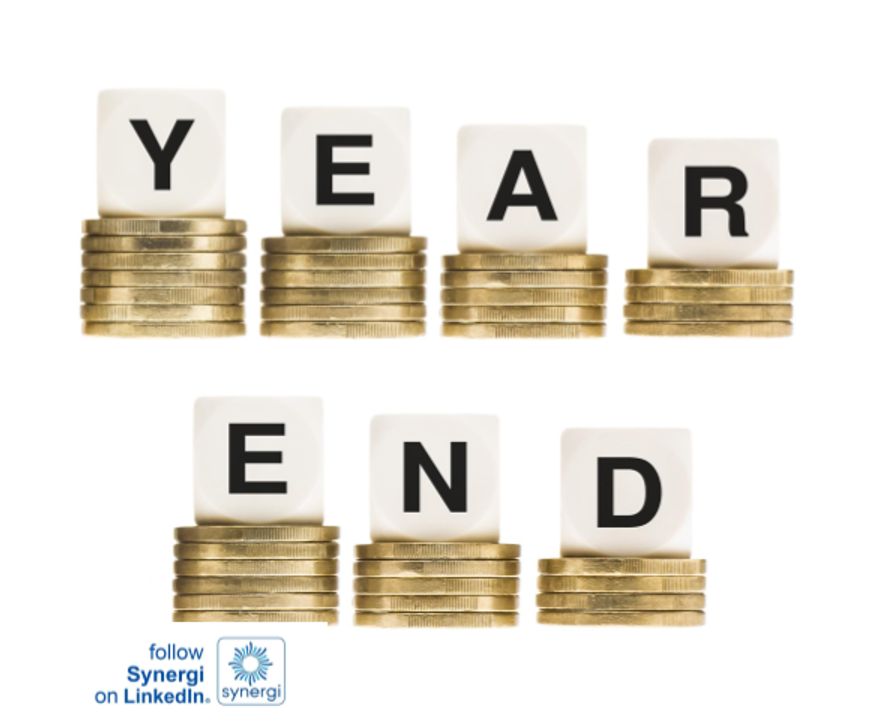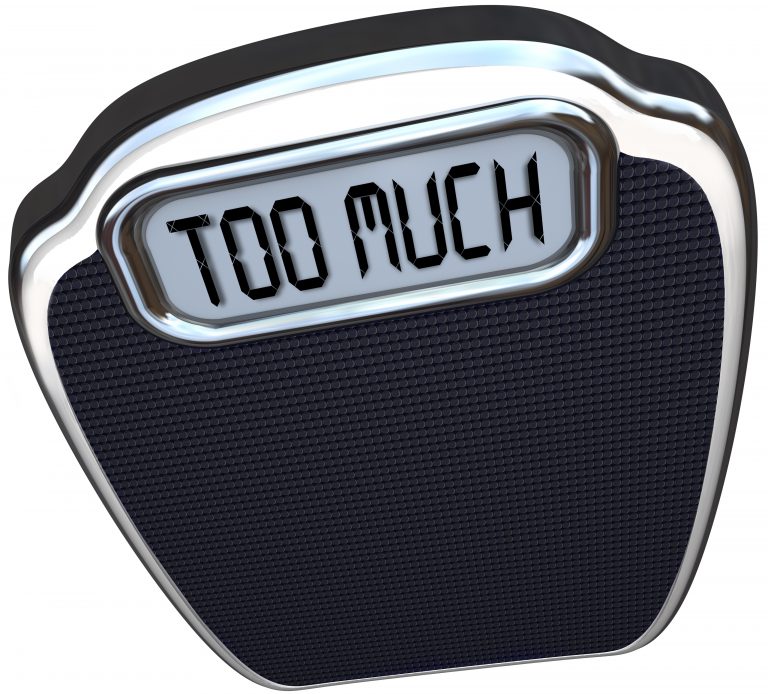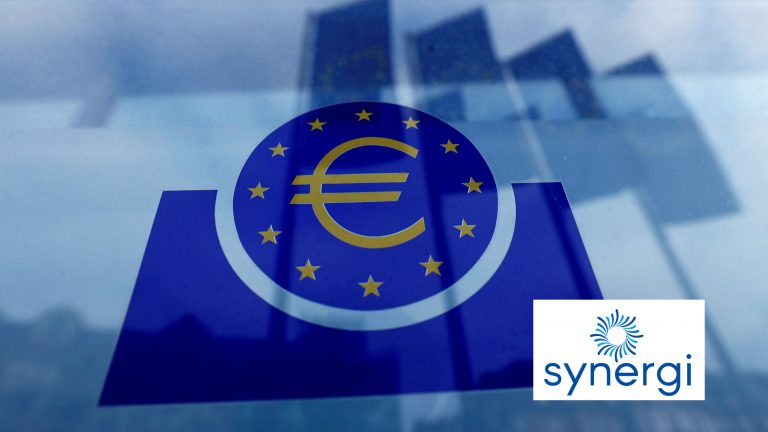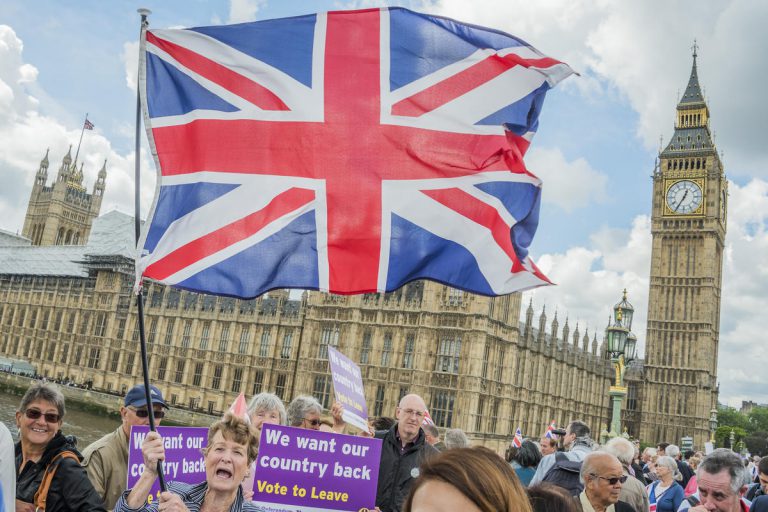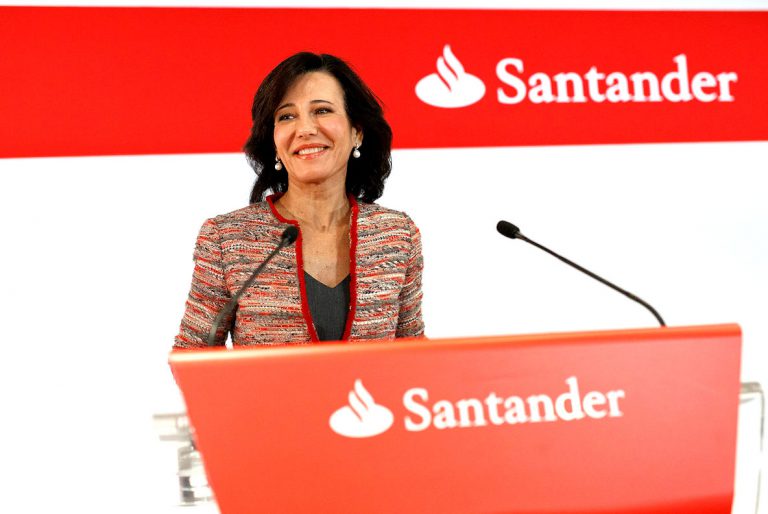Boost Your Pension Before the End Of the Tax Year
The last day of the tax year is coming up in April, but there is still time to take steps in order to make the most of your pension. Here are some useful tips from our partners at Standard Life to help you prepare.
1. Use your pension allowance
Your pension annual allowance is the total amount that you, your employer and any third party can pay into your pension plans in a tax year. Your annual allowance will renew with the start of the new tax year. So why not consider paying more into your pension plan before then to make the most of this year’s allowance. Remember that you can usually carry forward any unused allowances from the last three tax years.
2. Top up your contributions with pension tax relief
Tax relief makes your pension plan one of the most tax-efficient ways to save for your retirement. This means that your contributions get topped up by the government, effectively making it cheaper to save more into your pension plan.
Not all pension schemes provide tax relief in the same way, but most UK taxpayers get tax relief on their pension payments based on the rate of income tax they pay. This means most UK taxpayers will get a 20% top-up from the government on their pension contributions, so it’ll only cost you £80 to pay £100 into your pension. Some workplace pension schemes offer tax benefits in a different way (salary sacrifice or salary exchange schemes, for example). So do check with your employer how this works for you if you’re not sure.
3. Take advantage of your workplace pension plan
Workplace pension plans are a great way to save more for your future because your employer has to contribute too. At least 8% of your qualifying earnings will be paid in, and a minimum of 3% of that will come from your employer.
4. Want to keep more of your bonus?
You might have the option to put some or all of your bonus into your pension plan. Doing this could save tax and National Insurance deductions, meaning you get to keep more of it in the long run.
5. Get your tax-free personal allowance
Most people get a tax-free personal allowance – which is £12,570 for the 2021/22 tax year. When your taxable income reaches £100,000, your personal allowance is cut by £1 for every £2 of your income. And you lose it once your income reaches £125,000 (in the 2021/22 tax year).
You may be able to recover any loss to your personal allowance by reducing your income through making pension contributions – that way you’re making tax savings and contributing more to your future at the same time.
6. Get your child benefit back by paying more into your pension plan
Worth around £2,500 a year to a three-child family, child benefit is reduced by the High Income Child Benefit Charge when one parent’s income reaches £50,000. At £60,000, the tax charge cancels out the benefit entirely. But there is a way you could get some or all of it back if your earnings are in this range.
Contributing to your pension plan reduces what counts as your income. And could allow you to keep your child benefit and boost your pension savings at the same time.
Use the government’s child benefit tax calculator to work out if you’re affected by the tax and how.
Preparing for tax year end
To make the most of all the benefits your pension plan has to offer, consider paying in more. This could mean making a one-off payment before the end of the tax year to get closer to meeting your pension annual allowance. Or it could mean topping up your regular contributions and paying in a little more each month. It all adds up and could really help give your pension savings a boost over time.
Your own personal circumstances, including where you live in the UK will have an impact on the tax you pay. Laws and tax rules may change in the future.
And remember, if you have any questions regarding your pension and are not sure how to proceed – get in touch with your adviser to discuss your personal circumstances.
A pension is an investment and its value can go down as well as up and may be worth less than was paid in.

